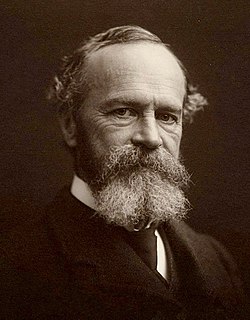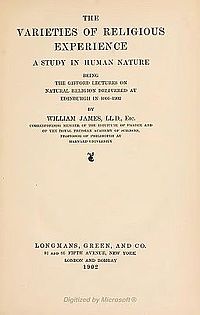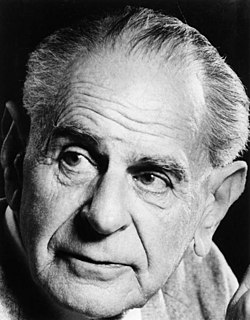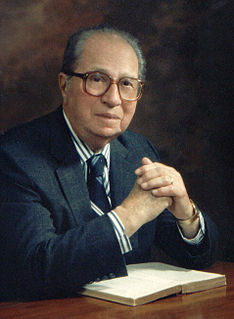
The Nobel Prize in Physics is a yearly award given by the Royal Swedish Academy of Sciences for those who have made the most outstanding contributions for humankind in the field of physics. It is one of the five Nobel Prizes established by the will of Alfred Nobel in 1895 and awarded since 1901; the others being the Nobel Prize in Chemistry, Nobel Prize in Literature, Nobel Peace Prize, and Nobel Prize in Physiology or Medicine.
Mommsen is a surname, and may refer to one of a family of German historians, see Mommsen family:

Paul Johann Ludwig von Heyse was a distinguished German writer and translator. A member of two important literary societies, the Tunnel über der Spree in Berlin and Die Krokodile in Munich, he wrote novels, poetry, 177 short stories, and about sixty dramas. The sum of Heyse's many and varied productions made him a dominant figure among German men of letters. He was awarded the Nobel Prize for Literature in 1910 "as a tribute to the consummate artistry, permeated with idealism, which he has demonstrated during his long productive career as a lyric poet, dramatist, novelist and writer of world-renowned short stories." Wirsen, one of the Nobel judges, said that "Germany has not had a greater literary genius since Goethe." Heyse is the fifth oldest laureate in literature, after Sully Prudhomme, Theodor Mommsen, Alice Munro and Jaroslav Seifert.

Axel Hugo Theodor Theorell was a Swedish scientist and Nobel Prize laureate in medicine.
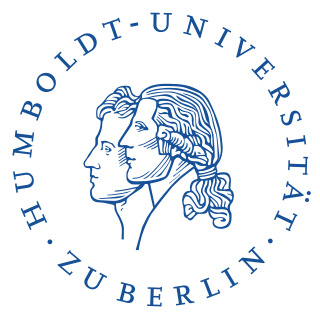
Humboldt University of Berlin is a university in the central borough of Mitte in Berlin, Germany. It was established by Frederick William III on the initiative of Wilhelm von Humboldt, Johann Gottlieb Fichte and Friedrich Ernst Daniel Schleiermacher as the University of Berlin in 1809, and opened in 1810, making it the oldest of Berlin's four universities. From 1810 until its closure in 1945, it was named Friedrich Wilhelm University. During the Cold War the university found itself in East Berlin and was de facto split in two when the Free University of Berlin opened in West Berlin. The university received its current name in honour of Alexander and Wilhelm von Humboldt in 1949.
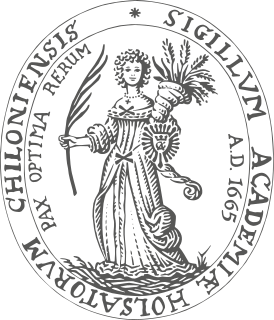
Kiel University is a university in the city of Kiel, Germany. It was founded in 1665 as the Academia Holsatorum Chiloniensis by Christian Albert, Duke of Holstein-Gottorp and has approximately 27,000 students today. Kiel University is the largest, oldest, and most prestigious in the state of Schleswig-Holstein. Until 1864/66 it was not only the northernmost university in Germany but at the same time the 2nd largest university of Denmark. Faculty, alumni, and researchers of the Kiel University have won 12 Nobel Prizes. Kiel University is a member of the German Universities Excellence Initiative since 2006. The Cluster of Excellence The Future Ocean, which was established in cooperation with the GEOMAR Helmholtz Centre for Ocean Research Kiel in 2006, is internationally recognized. The second Cluster of Excellence "Inflammation at Interfaces" deals with chronic inflammatory diseases. The Kiel Institute for the World Economy is also affiliated with Kiel University.

The History of Rome is a multi-volume history of ancient Rome written by Theodor Mommsen (1817–1903). Originally published by Reimer & Hirzel, Leipzig, as three volumes during 1854–1856, the work dealt with the Roman Republic. A subsequent book was issued which concerned the provinces of the Roman Empire. Recently published was a further book on the Empire, reconstructed from lecture notes. The initial three volumes won widespread acclaim upon publication; indeed, "The Roman History made Mommsen famous in a day." Still read and qualifiedly cited, it is the prolific Mommsen's most well-known work. The work was specifically cited when Mommsen was awarded the Nobel Prize.

Theodor Zahn or Theodor von Zahn was a German Protestant theologian, a biblical scholar. He was nominated for the Nobel Prize in Literature three times.
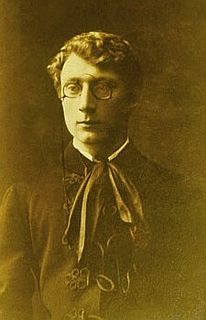
Antonín Sova was a Czech poet and the director of Prague Municipal Library.

Garding is a town in the district of Nordfriesland, Schleswig-Holstein, Germany. It has a population of 2,700. It is located in the Eiderstedt peninsula, and part of the Amt Eiderstedt.

The Gymnasium Christianeum in Hamburg is a famous former "Latin school" in Hamburg, northern Germany. Founded in 1738 by King Christian VI of Denmark, it is now housed in a building planned by Danish designer Arne Jacobsen.
The Mommsen family is a German family of influential historians.

Karl Friedrich Wilhelm Zangemeister was a German librarian and philologist.



